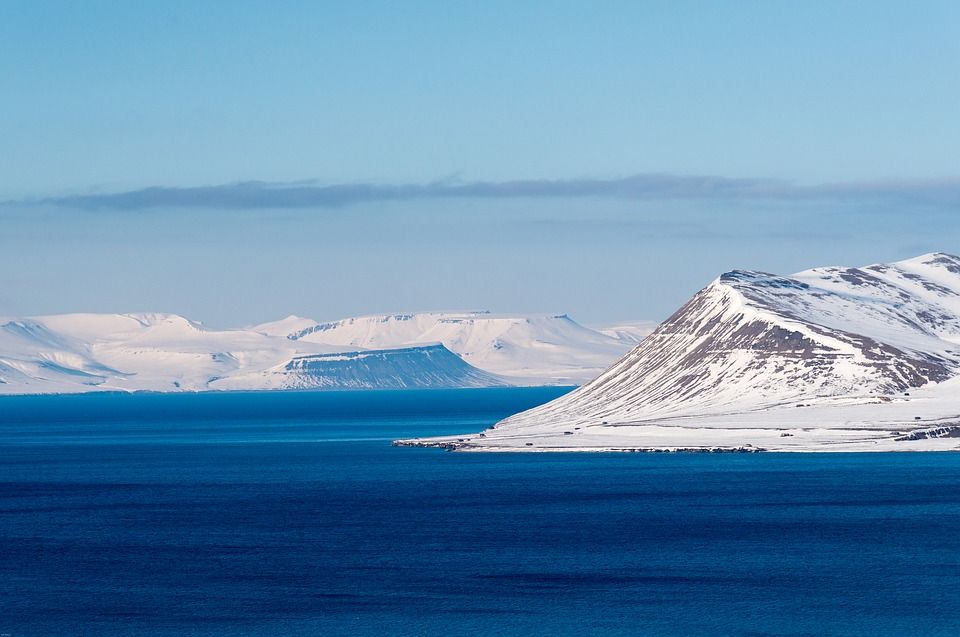‘No doubt’ temperatures in Arctic will rise 3.5C by 2050, says UN
New research by the United Nations (UN) has found that a sharp temperature rise in the Arctic is now inevitable.

New research by the United Nations (UN) has found that a sharp temperature rise in the Arctic is now inevitable.
The research has found that even if the world were to cut emissions in line with the Paris agreement, winter temperatures in the Arctic would rise above 3.5 degrees Celsius by 2050 and 5.9 degrees Celsius by 2080.
This rise in temperature would have devastating consequences for the environment, including unleashing sea level rises worldwide, says the UN.
Joyce Msuya, UN Environment’s Acting Executive Director, said: “What happens in the Arctic does not stay in the Arctic. We have the science; now more urgent climate action is needed to steer away from tipping points that could be even worse for our planet than we first thought.”
Even if the Paris Agreement is met, Arctic permafrost is expected to reduce by 45 per cent compared to today. Globally, these frozen soils hold an estimated 1,672 billion metric tonnes of carbon. Increased thawing is expected to contribute significantly to carbon dioxide and methane emissions.
Carbon emissions are on the rise across the world. Last year, a report by the Global Carbon Project found that in 2018, carbon emissions were at an all-time high.
The report also highlighted the issue of ocean acidification, finding that it is disproportionality affecting Arctic marine species. Since the beginning of the industrial revolution, the world’s oceans have got 30 per cent more acidic. This acidification requires more energy from Arctic corals, sea urchins and plankton to build their shells and skeletons.
Kimmo Tiilikainen, Finnish Minister of the Environment, Energy and Housing, said: “The urgency to achieve the goals of the Paris Agreement is clearly manifested in the Arctic, because it is one of the most vulnerable and rapidly changing regions in the world. We need to make substantial near-term cuts in greenhouse gas emissions, black carbon and other so-called shortlived climate pollutants all over the world.”
Read the full report here.
